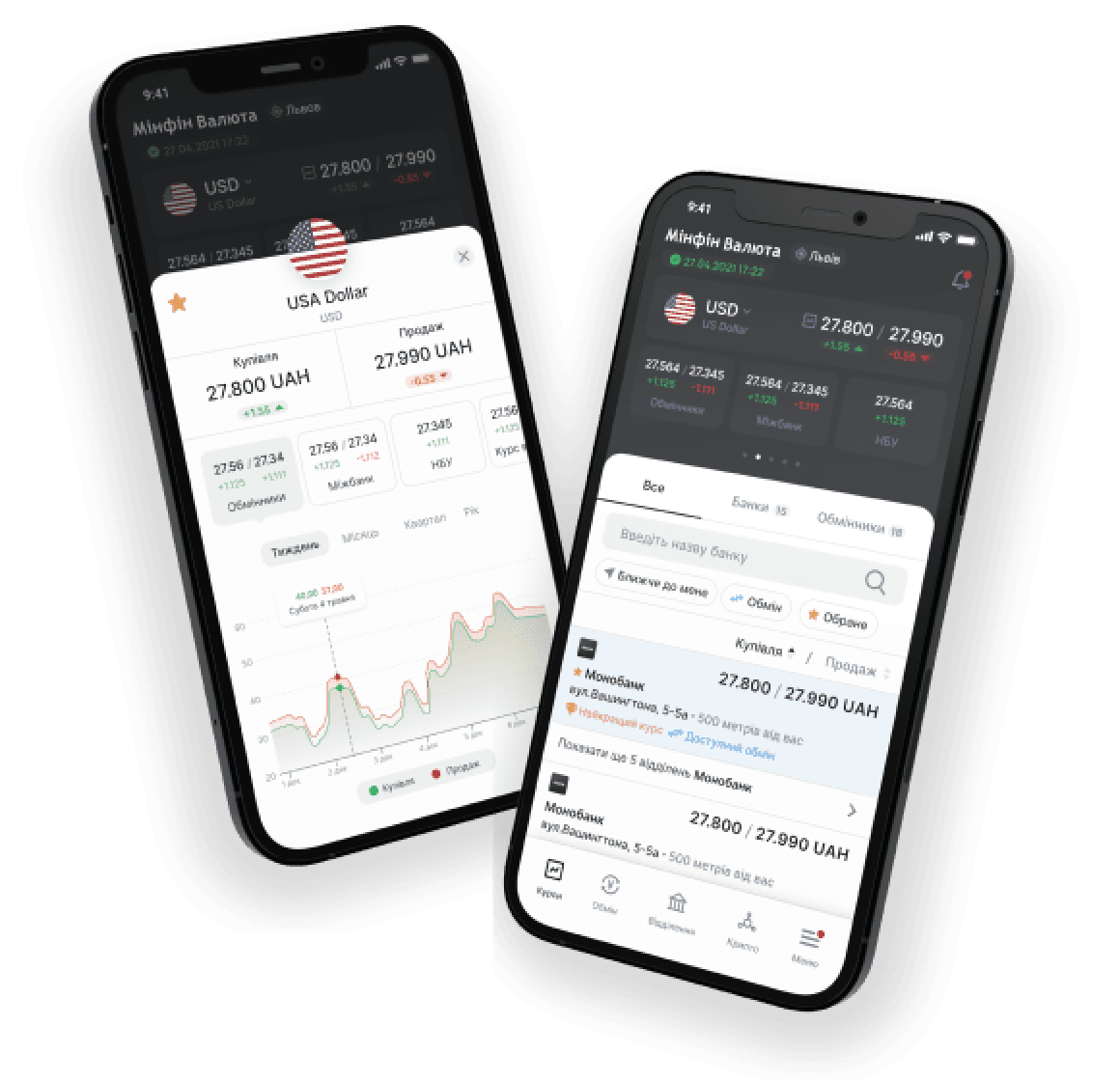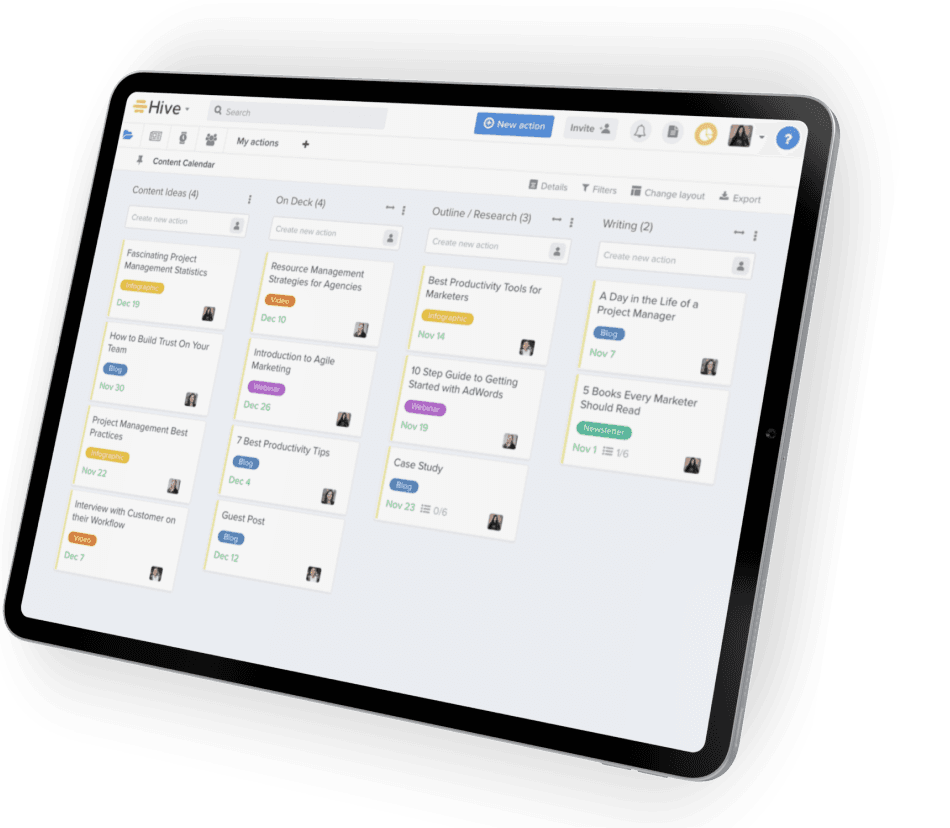Support after launch
Our responsibility goes far beyond pure programming and analysis. We will assist you in solving any issues you encounter during the whole process of the product rollout and after its release if necessary. Together we will make a difference and discover your new opportunities!Why you should build an online marketplace with Apiko
Precise solution for your needs
We thoroughly analyze your niche and audience, no hit or miss here. As a result, you have a unique product tailored to your exact business. Moreover, you get a scalable marketplace with the opportunity to extend it with more features as your needs grow.First-class industry standards
Embarking on a new project, we investigate and follow all marketplace industry trends, share expertise with you and adapt our development process to the best standards. Bearing in mind your niche and requirements, we’ll create the best blend of usability and robustness.Enthusiastic team that cares
Careful planning and ongoing communication help us to avoid misunderstandings and deliver a product within the agreed timeline and budget. Working on your project, we try to code it to perfection and provide you with a smooth and successful rollout.Expertise in launching successful marketplaces
Many online marketplace giants have set a superior user experience standard that clients expect today from B2C platforms. An intuitive UI/UX design, original content, and engaging functionality are all essential elements of a successful app. Your B2C platform can become one of those marketplaces that users love and don't want to leave.Requirements for impeccable marketplace development
Steady tech and domain expertise you can rely on
Develop your custom online marketplace with Apiko
Partners & Clients
It's our honor and pleasure to have contributed to our partners' and clients' success
How Apiko will build your marketplace app
We will create a powerful online marketplace solution for your business1
Concept development
Our business analysts will study your requirements and goals of your marketplace development project to outline the scope of work and provide you with a rough project estimation. We will work on your app's wireframes and find the ideal tech solutions for its future development.
2
UI/UX design creation
Our UI/UX designers create an intuitive user interface that attracts, engages, and excites your B2C marketplace platform clients. We make sure your app is functional, easy to use, and pleasant to interact with. This point in the marketplace development process lets you see how your marketplace software will look like and how the created features will add to its unique user experience.
3
Developed functionality and performance testing
We make sure the product performs according to your business requirements by applying appropriate testing at all stages of app development. Apiko digital quality assurance services take into account every detail to bring about a highly functional and reliable software product.
4
Quality assurance and testing
To deliver the best results, we apply quality control at every stage of your marketplace development. The Apiko QA team conducts manual and/or automated testing based on project needs to ensure your app's seamless use. The flawless interface, usability and performance of your app will be well taken care of by our resourceful and thorough approach to testing.
5
Platform support
When your app is ready and it meets all your requirements, we can continue with launching the marketplace on the requested platform. Apiko will support you during and even after the launch. We focus on long-term partnerships. Our team will work on your platform's upgrades and improvements, extend your app's functionality. You may rely on Apiko in all the aspects of your B2C marketplace platform.














